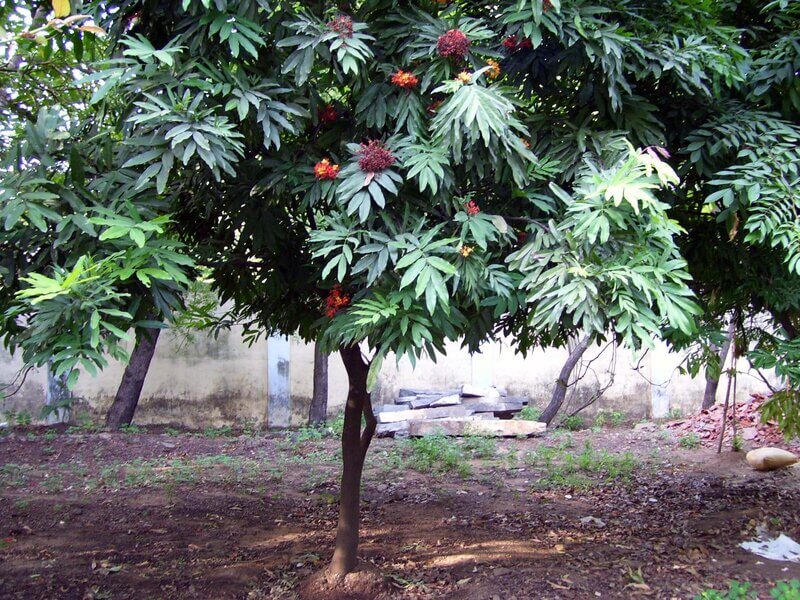
Ashoka
Ashoka is a tall evergreen tree found in most parts of India. Nepal and Srilanka. Along with its medicinal uses, it is also considered sacred in most parts of India.
The term ashoka comes from a Sanskrit word, meaning ‘no shoka’, ie. Without sorrow or without grief. Its botanical name is Saraca ashoka and comes under the legume family.
The chemical constitutents of ashoka includes – sterol, tannin, calcium compounds, Aluminium, Magnesium, Iron and sodium.
Uses
Ashoka is considered as the best medicine for women since ages.
- As a uterine tonic
- It is extensively used in many gyneacological disorders, those selected with menstrual problems like dysmenorrheal, leucorrhea, irregular menstrual cycles, excessive bleeding, congestion and pain.
- In the uterus – Increase the tone of the endometrium and strengthens the muscle.
- Regularise the menstrual cycle.
- Proper growth of endometrium and ovarian tissues.
- Cure excess bloos loss due to uterine fibroids and PCOS.
- Antifungal action of the ashoka protects wound from infection.
- As a blood purifier
- Has a healthy effect on the circulatory system. Good for cardiac muscle weakness.
- As a skin tonic
- Enhances the texture and complexion of skin. Removes the toxicity of blood and boosts the immunity of the skin.
- As a detoxifying substance
- Removes the toxicity from blood.
- Promote urine flow and is good for painful urination.
- Also seen to be effective in poison due to Scorpio bite.
- For piles
- Ashoka decoction helps in curing internal piles.
- For pain healing
- With its analgesic properties, it helps to reduce vata related painful disease conditions.
- For worm infestation
- Its antibacterial property helps to remove the worms.
- Ashoka for general weakness
- Since it has a healthy impact on the blood, it can treat weakness and fatigue, symptoms in women during menstruation.
- It also acts as an anti depressant.
Medicinal use of each part of Ashoka
- Bark – Decoction used for amnerrhea, leucorrhea, dysmenorrhea
- Increase the muscle tone of uterus
- For uterine disorders like internal fibroids.
- Has de-worming property
- It is antibacterial and antifungal
- Seed powder – used for kidney stone
- Flower – Found useful in diabetes.
- Even though it has many medicinal values one should keep in mind that during pregnancy any product from ashoka tree should be avoided.



